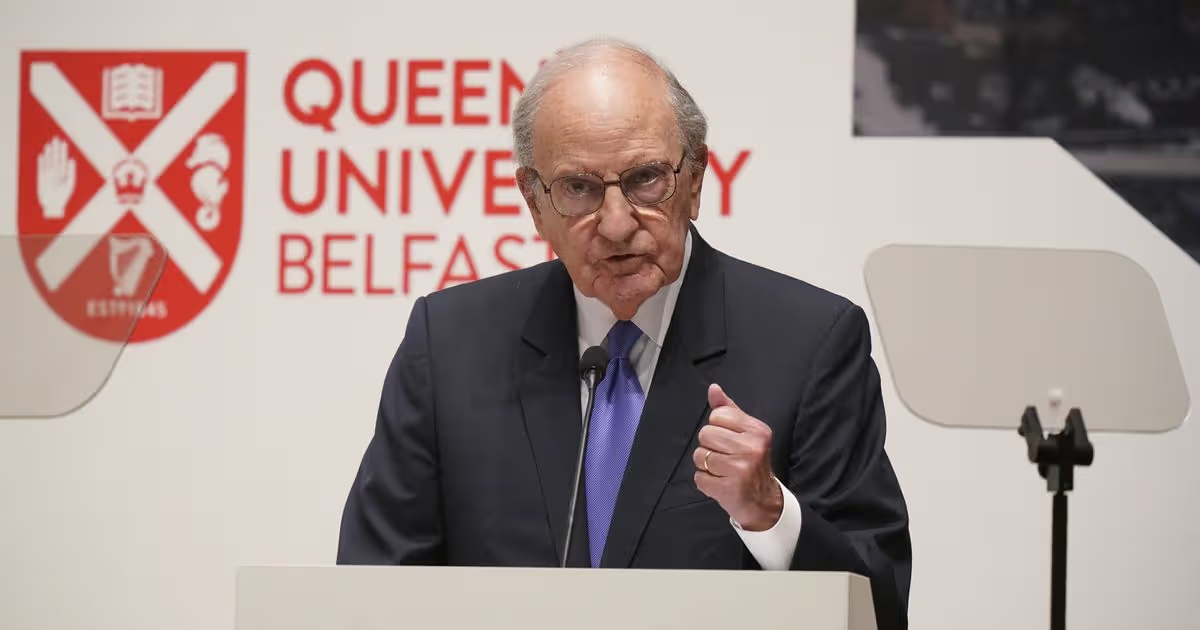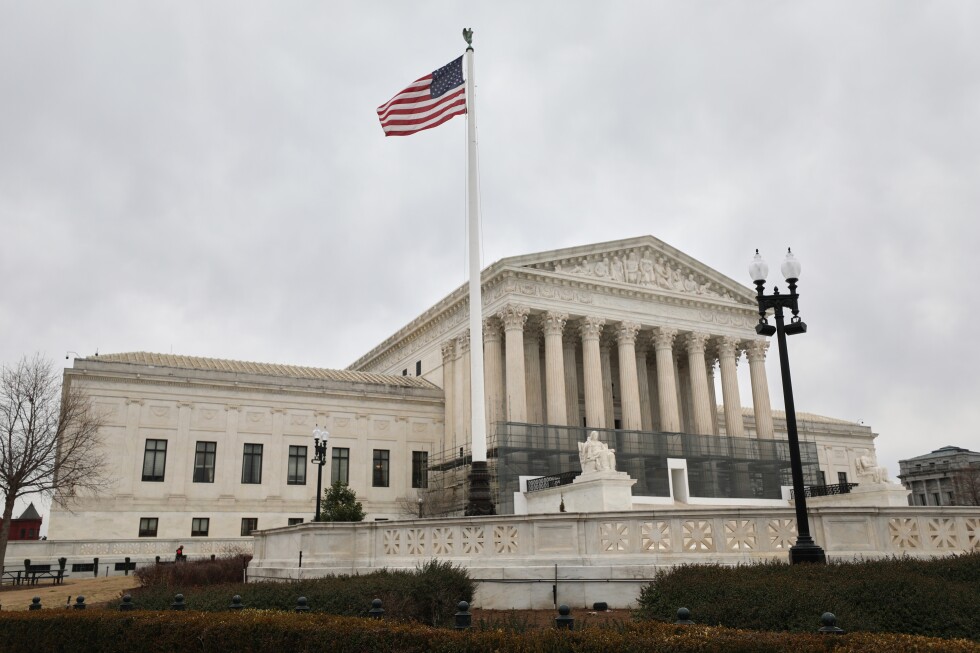The massive Orchard Brae development, which proposed to build almost 1000 new homes on the Europark site, adjacent to Eurocentral, was rejected by North Lanarkshire councillors in June of last year.
A controversial plan to build hundreds of new homes on greenbelt land near Airdrie has been rejected by the Scottish Government Reporter.
The massive Orchard Brae development, which proposed to build almost 1000 new homes on the Europark site, adjacent to Eurocentral, went before North Lanarkshire councillors in June of last year.
North Lanarkshire Council planners advised the 244-hectare plan should be rejected, with councillors voting to knock back the application, with 42 against and 18 supporters backing it.
Opponents, including the Woodhall, Faskine and Palacecraig Conservation Group, believed the plans would destroy a historic area of greenbelt, damage wildlife and deprive residents of outdoor space.
Orchard Brae turned to the Scottish Government in a bid to overturn the decision. However, the government’s reporter has now dismissed the appeal and refused to give the plans the go ahead.
In her report to the government, Reporter Alison Kirkwood stated: “The appellant has not explained why a green belt location is essential for the proposed development.
“The Local Development Plan (LDP) includes allocations for housing and business and industry, which the proposal would potentially direct development away from. This could undermine the settlement management role of green belt designation.
“The large area of housing and associated development in the northern part of the site would merge areas of Airdrie and Coatbridge that are currently separated by agricultural land.
READ MORE: Scottish Budget risks deepening social care pressures in North Lanarkshire
“I consider that this would detract from the setting and identity of these settlements. The proposal would also significantly reduce the extent of largely undeveloped land between Calderbank and Coatbridge/Airdrie.
“I consider overall that the proposal would undermine the purpose of the green belt at this location.
“Overall, the scale, massing and external appearance of the proposed development would not minimise its visual impact on the green belt.
“The proposal includes elements which would potentially bring landscape and habitat enhancements in the parts of the site which are to remain undeveloped.
READ MORE: Airdrie Burns Club holds 141st anniversary dinner at town’s Tudor Hotel
“However, it has not been demonstrated that the proposal overall would have no significant long term impacts on the environmental quality of the green belt.”
Concluding Ms Kirkwood said: “The proposed development does not accord overall with the relevant provisions of the development plan and that there are no material considerations which would justify granting planning permission.”
A North Lanarkshire Council spokesperson said: “We note the outcome of the appeal.”
*Don’t miss the latest headlines from around Lanarkshire. Sign up to our newsletters here.
And did you know Lanarkshire Live had its own app? Download yours for free here.
READ MORE: Active NL’s Golf Team shortlisted for Community Team of the Year





























































